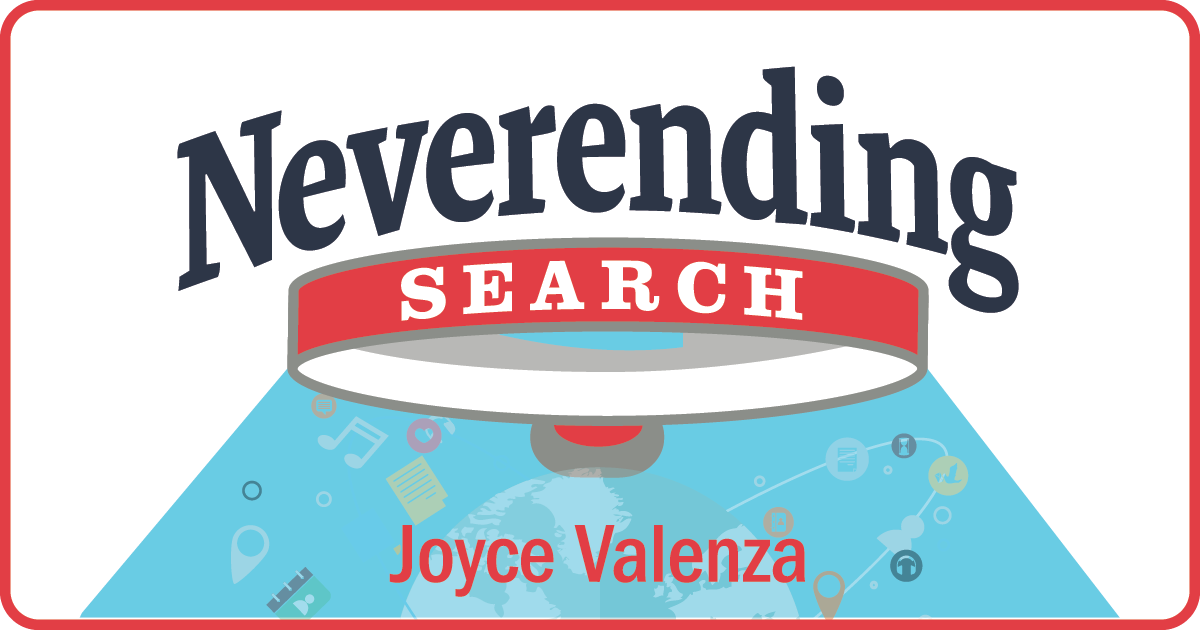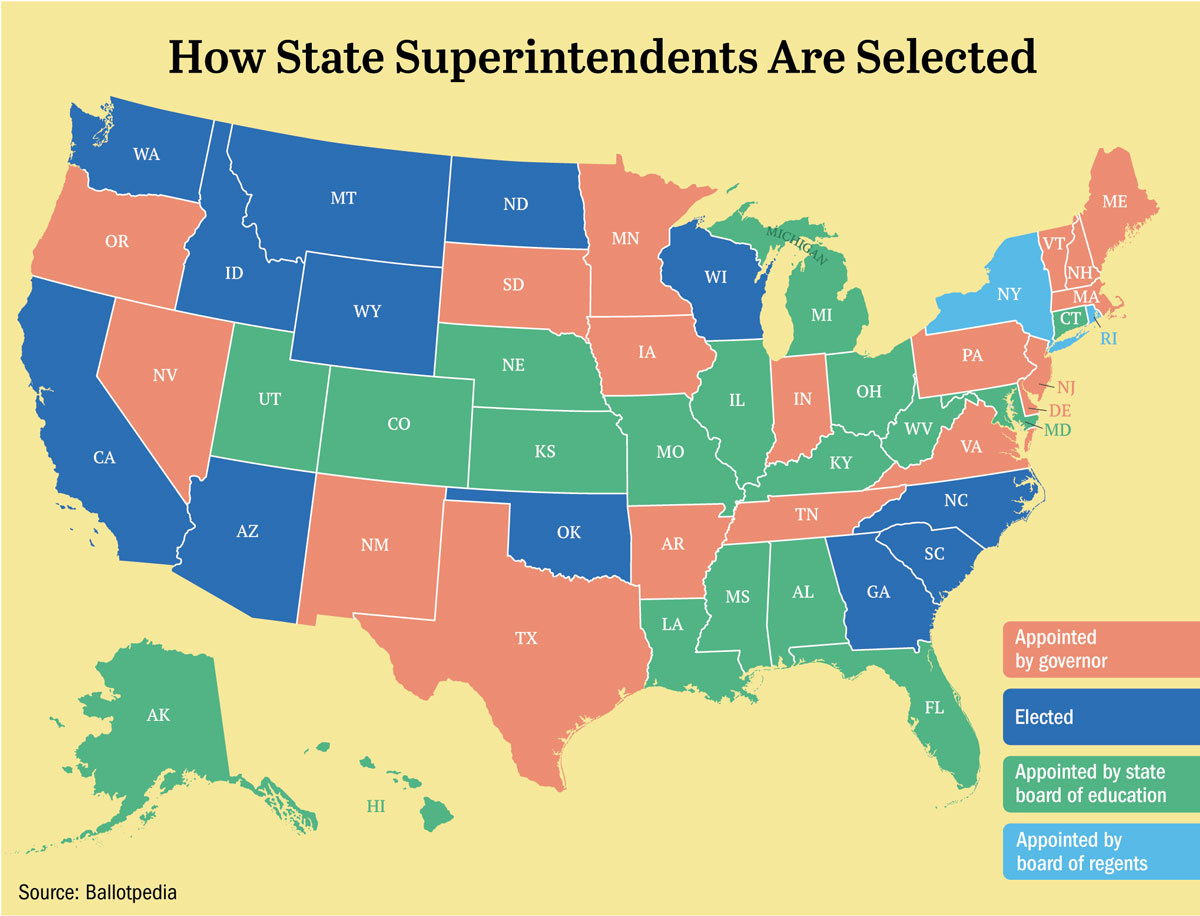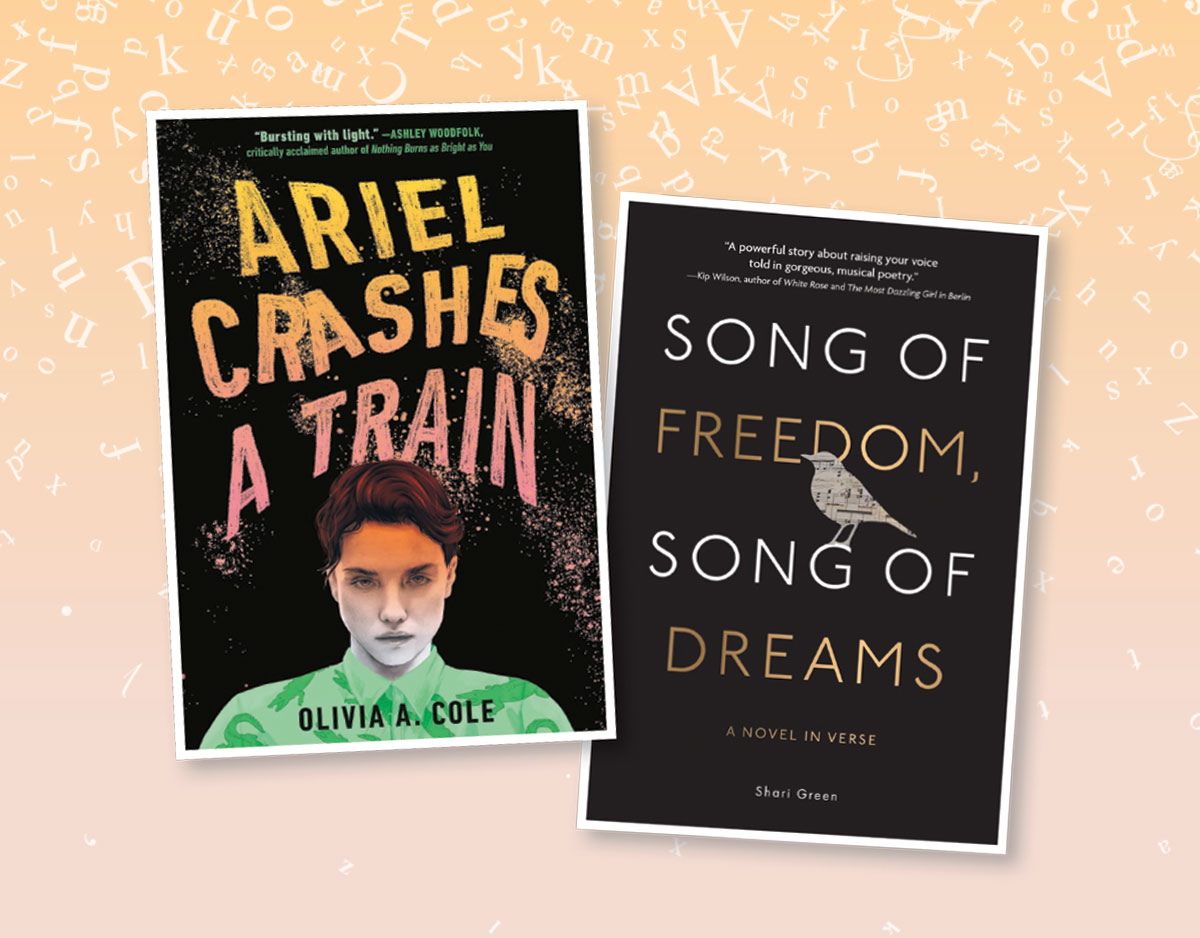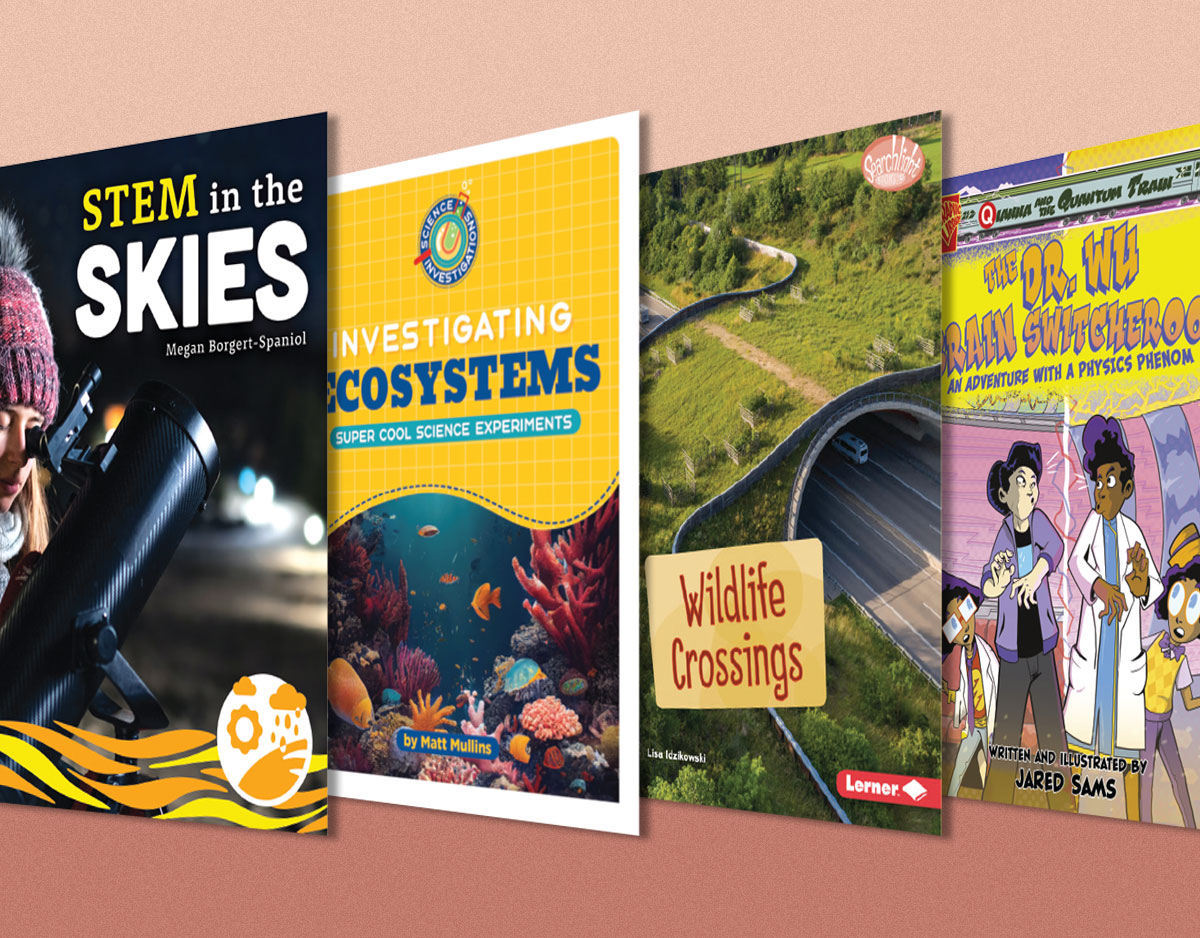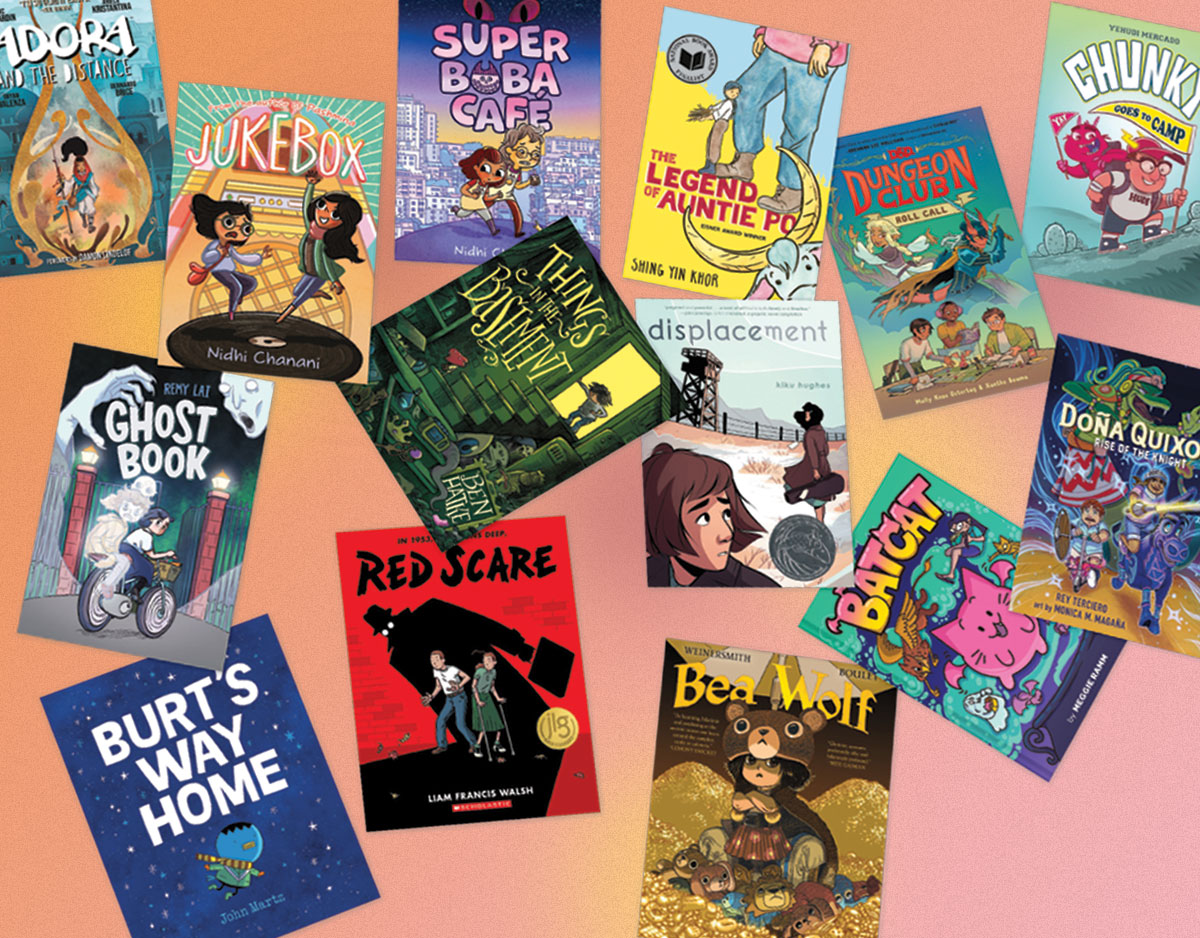SCROLL DOWN TO READ THE POST
Common Sense Media digital citizenship refresh
 As educators, we’ve learned to count on the research-based wisdom and guidance of Common Sense Media. Its a destination, always fresh with reviews of apps, video, books and more as well as advice for teaching with technology and outstanding curriculum.
As educators, we’ve learned to count on the research-based wisdom and guidance of Common Sense Media. Its a destination, always fresh with reviews of apps, video, books and more as well as advice for teaching with technology and outstanding curriculum.
I recently sat down with Kelly Mendoza, Senior Director of Education Programs at Common Sense Education, who oversees digital citizenship curricular materials to discuss exciting curriculu m news.
m news.
Based on research evidence gathered with partners, Project Zero at the Harvard Graduate School of Education on latest approaches to best teach digital citizenship, Common Sense recently engaged in a refresh of its Digital Citizenship curriculum. The nuanced and updated approach is based on dispositions and habits of mind that help students develop thinking routines to foster improved and more thoughtful decision-making.
ADVERTISEMENT
ADVERTISEMENT
The updated, ready-to-teach digital citizenship lessons address realistic challenges and dilemmas faced by today’s students. Among this updated content is material that address balance in life both on- and offline
Based on what she is hearing from schools as well as the research, Kelly identified the top four topics of concern:
- Cyberbullying, digital drama and hate speech: It continues to be a pain point, with increased student concerns and actual experience with hate speech.
- Sexting: Common Sense Media is now aging the topic down with a new lesson and video addressing the issue for middle school
- Fake news (news and media literacy): addressing the research that young people often get their news from social media rather than news outlets
- Media balance and well being: addressing balance, not just quantity and distraction, but suggesting students engage in developmentally appropriate media inventories, to examine what they are actually doing with their screentime and how they might find balance, avoid dependency and better use media to add value to their lives. This content also examines how media is designed to make us dependent and introduces reverse engineering to unpack and understand this intentional design.
Designed to prepare students to take ownership of their digital lives, the revised lessons offer improved classroom tools, including customizable Google docs to deliver handouts, quizzes and slides.
New lessons have been posted for Grades 3-5 and Grades 6-8 ,with the remainder of the content due to launch in the summer.
So look for high school content with student-guided, small group activities using a Hyperdocs format and materials for the littles, which Kelly promises to include such fun things as videos, poems, chants and a revised set of characters, to be ready for the new school year. Bilingual content is also coming soon.
And all the new instructional materials is and will be aligned to AASL Standards for Learners!
Here’s a grade-by-grade taste of the new curricular goodies for grades three through eight:
3rd Grade
Rings of Responsibility (Media Balance & Well Being)
How do digital citizens take responsibility for themselves, their communities, and their world?
Password Power-Up (Privacy & Security)
How can a strong password help protect your privacy?
This Is Me (Digital Footprint & Identity)
How does what I post online affect my identity?
Our Digital Citizenship Pledge (Relationships & Communication)
What makes a strong online community?
The Power of Words (Cyberbullying, Digital Drama & Hate Speech)
What should you do when someone uses mean or hurtful language on the internet?
Is Seeing Believing? (News & Media Literacy)
Why do people alter digital photos and videos?
4th Grade
My Media Choices (Media Balance & Well Being)
What makes a healthy media choice?
Private and Personal Information (Privacy & Security)
What information about you is OK to share online?
Our Online Tracks (Digital Footprint & Identity)
How does our online activity affect the digital footprints of ourselves and others?
Keeping Games Fun and Friendly (Relationships & Communication)
How can I be positive and have fun while playing online games, and help others do the same?
Super Digital Citizen (Cyberbullying, Digital Drama & Hate Speech)
How can we be upstanders when we see cyberbullying?
A Creator’s Rights and Responsibilities (News & Media Literacy)
What rights and responsibilities do you have as a creator?
5th Grade
Finding My Media Balance (Media Balance & Well Being)
What does media balance mean for me?
You Won’t Believe This! (Privacy & Security)
What is clickbait and how can you avoid it?
Beyond Gender Stereotypes (Digital Footprint & Identity)
How do gender stereotypes shape our experiences online?
Digital Friendships (Relationships & Communication)
How do you keep online friendships safe?
What’s Cyberbullying? (Cyberbullying, Digital Drama & Hate Speech)
What is cyberbullying and what can you do to stop it?
Reading News Online (News & Media Literacy)
What are the important parts of an online news article?
6th Grade
Finding Balance in a Digital World (Media Balance & Well Being)
How do we balance digital media use in our lives?
Don’t Feed the Phish (Privacy & Security)
How can you protect yourself from phishing?
Who Are You Online? (Digital Footprint & Identity)
What are the benefits and drawbacks of presenting yourself in different ways online?
Chatting Safely Online (Relationships & Communication)
How do you chat safely with people you meet online?
Digital Drama Unplugged (Cyberbullying, Digital Drama & Hate Speech)
How can you de-escalate digital drama so it doesn’t go too far?
Finding Credible News (News & Media Literacy)
How do we find credible information on the internet?
7th Grade
My Media Use: A Personal Challenge (Media Balance & Well Being)
What is your strategy for finding media balance?
Big, Big Data (Privacy & Security)
How do companies collect and use data about you?
The Power of Digital Footprints (Digital Footprint & Identity)
What is a digital footprint, and what does yours convey?
My Social Media Life (Relationships & Communication)
How does social media affect our relationships?
Upstanders and Allies: Taking Action Against Cyberbullying (Cyberbullying, Digital Drama & Hate Speech)
How can you respond when cyberbullying occurs?
The Four Factors of Fair Use (News & Media Literacy)
What rights to fair use do you have as a creator?
8th Grade
Digital Media and Your Brain (Media Balance & Well Being)
How does digital media try to hook you, and what can you do about it?
Being Aware of What You Share (Privacy & Security)
How can you protect your privacy when you’re online?
Social Media and Digital Footprints: Our Responsibilities (Digital Footprint & Identity)
How does using social media affect our digital footprints?
Sexting and Relationships (Relationships & Communication)
What are the risks and potential consequences of sexting?
Responding to Online Hate Speech (Cyberbullying, Digital Drama & Hate Speech)
How should you respond to online hate speech?
This Just In! (News & Media Literacy)
How should we react to breaking news?
Filed under: common sense media, curriculum, digital citizenship, technology
About Joyce Valenza
Joyce is an Assistant Professor of Teaching at Rutgers University School of Information and Communication, a technology writer, speaker, blogger and learner. Follow her on Twitter: @joycevalenza
ADVERTISEMENT
SLJ Blog Network
Name That LEGO Book Cover! (#53)
Cover Reveal and Q&A: The One and Only Googoosh with Azadeh Westergaard
Exclusive: Vol. 2 of The Weirn Books Is Coming in October | News
Take Five: Middle Grade Anthologies and Short Story Collections
The Classroom Bookshelf is Moving
ADVERTISEMENT
ADVERTISEMENT

